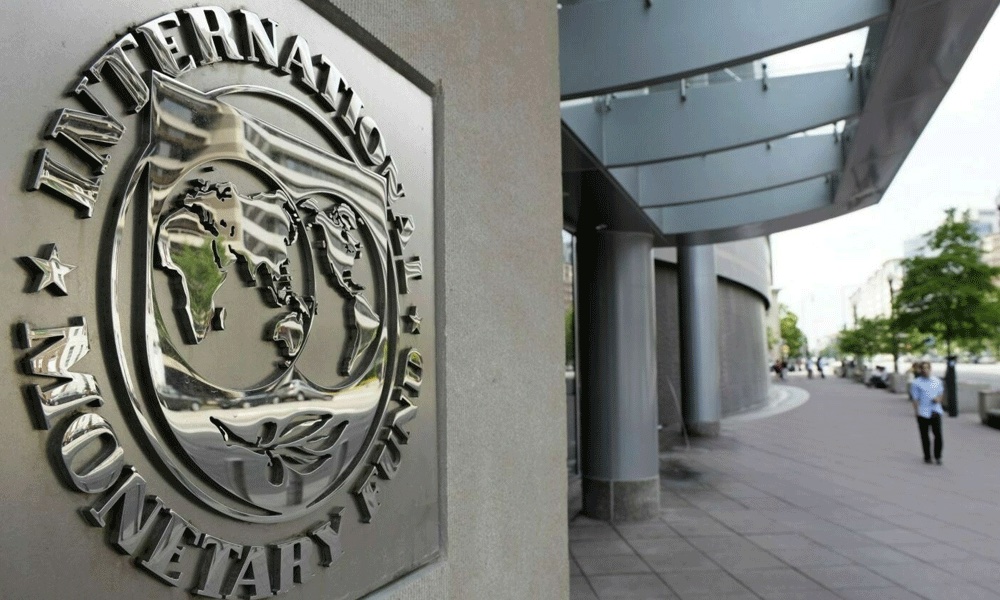Pakistan has formally requested a new loan package from the IMF, aiming for $6-8 billion under the Extended Fund Facility (EFF). Finance Minister Muhammad Aurangzeb led Pakistan’s delegation to the IMF’s spring meetings last week in Washington, seeking to finalize the deal, crucial for the country’s stability over the next three years.
Despite holding foreign exchange reserves of $8 billion, experts emphasize the urgency of securing an IMF deal. Abdul Rehman, a Lahore-based expert, highlighted the necessity of the loan to cover upcoming payments totaling $75 billion. Without it, Pakistan faces the specter of default and a potential 10% economic contraction, leading to unemployment and inflation.
Yousuf M. Farooq of Chase Securities in Karachi stressed the importance of IMF approval for managing debt repayments. However, a consequence of such a deal might be a devaluation of the Pakistani rupee, a common IMF requirement. Yet, experts predict any devaluation to be moderate, as major adjustments were made in 2023.
The looming deadline for passing the next fiscal year’s budget before June 30 adds pressure on the government. Yousuf Nazar, a London-based economist, doubts the likelihood of a deal before this deadline, suggesting the IMF may demand specific deficit reduction measures first.
While the Pakistani government hopes for a larger program, IMF officials prioritize economic reforms. Though Pakistan is expected to secure a deal, it won’t suffice to meet its annual financing needs of around $25 billion. Farooq advocates for structural reforms like tax expansion, deregulation, privatization, and power sector improvements, stating that IMF support would facilitate these changes.
Rehman echoes this sentiment, viewing IMF requirements as an opportunity for economic reform rather than mere compulsion. However, experts warn that despite negotiations and reforms, Pakistan’s economic recovery will be protracted, with significant challenges ahead.








 GOOGL
GOOGL  AMZN
AMZN  MET
MET  T
T  WPM
WPM  DM
DM  SVM
SVM  CMC
CMC  HKDUSD=X
HKDUSD=X  BABA
BABA